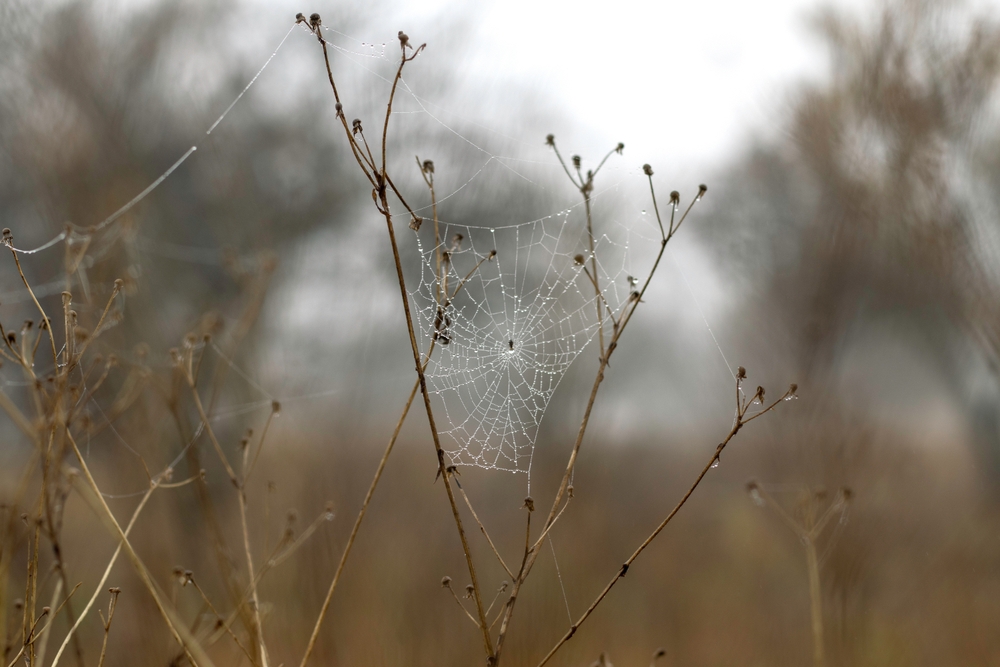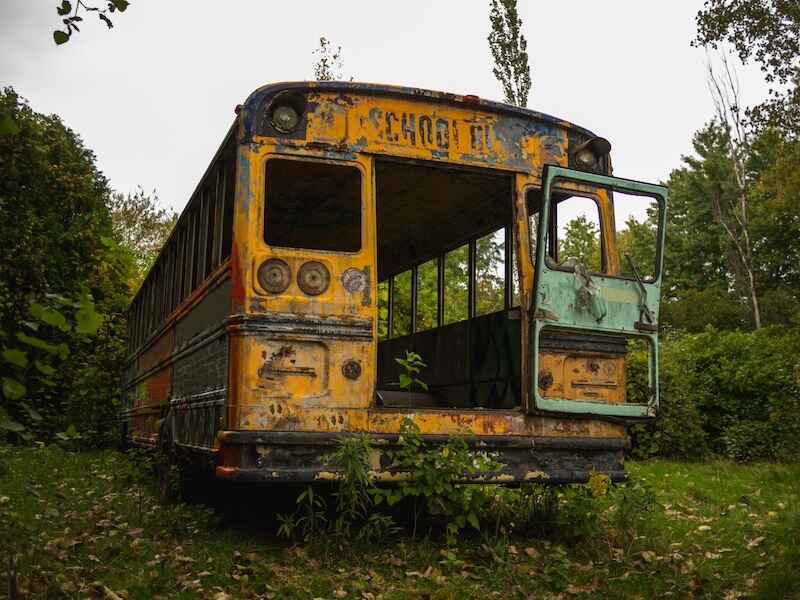How We’ve Created Fake Independence
Joel Salatin|October 12, 2021

Editor’s Note: The ongoing supply chain disruptions have frustrated companies and consumers alike. They’ve limited our options and taken a bite out of our wallets. That’s why Joel Salatin says we need to look at them from a different perspective. He explains how much of this situation could have been avoided – and where we can go from here.
The food and farm space is abuzz these days about “liberating” us from livestock. We are promised that fake meats and lab-concocted proteins have all sorts of benefits.
The promises are many:
- Reduce climate change
- Make folks healthier
- Eliminate animal suffering
- Reduce overgrazing
- Enhance wildlife habitats.
As if Beyond Meat and Impossible Burger weren’t enough, Perfect Day Inc. – a $1.5 billion startup that sells nonanimal dairy products – is preparing for an initial public offering.
According to The Wall Street Journal, “Perfect Day uses genetically modified microflora that ferments sugar and creates real dairy protein without using animals.”
The company’s vegan founders are certain they have a winner and gush messaging about being one of the “do good” companies.
Usually, I debate this issue from an environmental and nutritional standpoint, but today I want to take a different tack. I want to make an argument based on freedom.
New Urgency
This side of the debate is taking on new urgency as we continue to see supply chain issues throughout the retail sector.
Our local Lowe’s store has been unable to get something as generic as pipe clamps for weeks. Pipe clamps? Everyone uses pipe clamps.
The microchip shortage is wreaking havoc on the automobile sector. My wife and I rented a car from Enterprise a couple of months ago – the last one available on the lot. The attendant said they had 200,000 brand-new cars sitting on a lot, waiting for chips (and not potato chips).
The lumber price spike earlier this year had nothing to do with trees. It was all about glitches with sawmills, warehouses and transportation.
And I’m sure you’ve noticed the “help wanted” billboards dotting the interstates.
Isn’t it interesting that soon after we completed the human genome project, which promised to rid humanity of disease, we had a global pandemic?
The timing of all this almost has a humorous side, like Nature Bats Last.
Complexity vs. Simplicity
Among my thoughtful friends, I’m hearing a refrain: “How can I simplify?” Said a different way: “How can I disentangle myself from the system?”
When Joel Arthur Barker wrote the book Paradigms, which popularized the word, one of his axioms was that every paradigm eventually exceeds its point of efficiency.
Is it possible that the unsettledness many of us feel right now is really the personal and cultural tension between techno-sophistication and a yearning for the simplicity of yesterday?
The two tug at us, even subconsciously. Each offers something we want: a better life.
In that context, let’s return to our fake meat, fake dairy, et al. and look at it all in light of the ongoing promise of salvation through complexity versus stability through simplicity.
As a social movement, lab-concocted food is part of the techno-sophisticated solution to everything. The promises tantalize. The “doing good” mantra lures venture capital by the billions.
But when we examine this kind of food supply, we see that it’s incredibly complex.
This food can’t be produced and processed locally. It requires massive capital investments in sophisticated processing warehouses.
It depends on reliable supply chains for an inflow of ingredients that are akin to microchips in automobiles. These ingredients include bacteria in fermentation tanks that need to have the right ratio, grind, temperature and quantity of carbohydrates, with computers monitoring every step.
It’s food by stainless steel, gauges and petri dishes.
The Real Thing
Compare that with the real thing: a cow.
A cow naturally performs all of the processes needed to create meat – without any thermometers or computer chips. If she’s managed well – and it’s true that most cows on the planet are not – she thrives on forage… which thrives on solar energy… which comes to us all without regard to wealth or location.
Anybody can make a steak with a bit of grass, water and soil. I call this “backyard nourishment.” The cow takes care of everything necessary to make nourishment. She doesn’t need capital- or energy-intensive infrastructure, venture capitalists, or supply chains.
As long as the sun shines, she offers lunch. And the offering is available to anyone willing to leverage her partnership.
Savvy folks can even harvest a cow in their backyards, without any teamsters, highways or legal-regal contracts.
A Curse, Not a Blessing
Viewed in this light, the anti-animal alternative does not look like a blessing but a curse. It looks like enslavement to bankers, investors, engineers and computer geeks.
Is that who you want to depend on for your life’s sustenance? Or would you rather depend on the backyard cow? The backyard chicken?
If for no other reason than to move us toward a simplified food freedom option, we should reject the “promised land” of Perfect Day.
The one thing we need to be wary of in unsettled times is becoming more dependent on opaque, complicated systems beyond our control.
I can raise a calf on grass, butcher it once it’s big enough and enjoy far better nutrition than anything concocted through patented processes in sugar-filled fermentation vats behind “no trespassing” signs.
I suggest that fake and artificial foodstuffs should be rejected out of hand simply to guarantee food liberty. Now there’s a noble thought.

Joel Salatin
Joel Salatin calls himself a Christian libertarian environmentalist capitalist lunatic farmer. Others who like him call him the most famous farmer in the world, the high priest of the pasture, and the most eclectic thinker from Virginia since Thomas Jefferson. Those who don’t like him call him a bioterrorist, Typhoid Mary, a charlatan, and a starvation advocate. With a room full of debate trophies from high school and college days, 12 published books, and a thriving multigenerational family farm, he draws on a lifetime of food, farming and fantasy to entertain and inspire audiences around the world.



